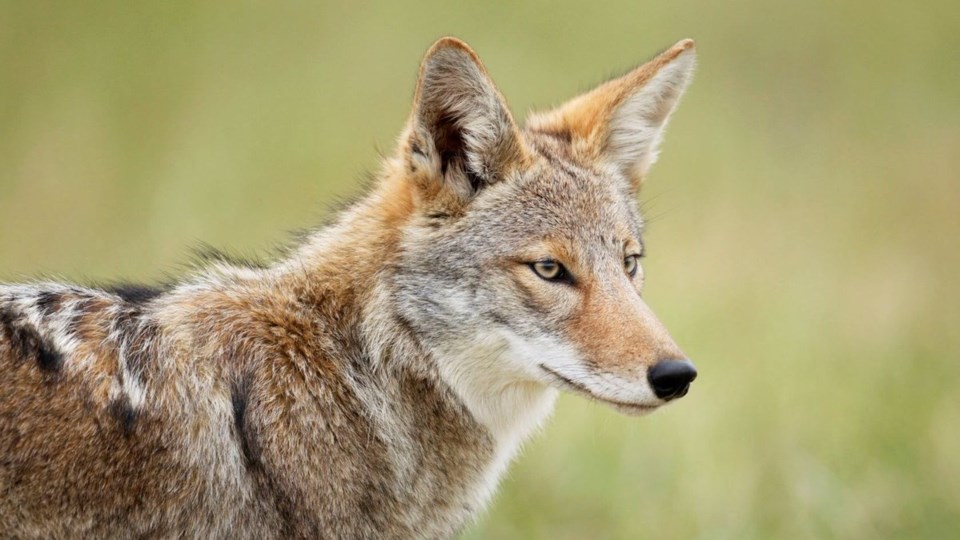A group dedicated to tracking coyote activity in southern Ontario say the rapid expansion and construction of new houses in Thorold is contributing to the encounters that has had pet owners and downtown residents on edge lately.
On Tuesday night, Lesley Sampson from Coyote Watch Canada said the city should consider getting word out to residents to stop feeding birds and stray cats as a first step to mitigate the issues.
"If you are feeding one species, you are essentially feeding all of them," Sampson said.
"If there is food in hotspots, coyotes will continue to come over and over."
In recent weeks, residents in several parts of central Thorold have reported bumping into coyotes who have been growing increasingly more bold in search of food - not rarely in the form of pets.
Sampson said once a coyote finds an open can of cat food put out for strays on a porch, it will investigate neighbouring houses for the same things.
While coyotes won't go for bread or seeds left out for birds, the gesture tends to attract rodents, which is a viable food source for the four-legged predator, who also benefits from raccoons and birds ripping open garbage bags in the dark of night.
"There is amazing growth happening in the city of Thorold, but that also means other rodents and wildlife are getting displaced and the travel patterns change in the community," noted Sampson, pointing to the Ormond- and Beaverdams area, which are both seeing construction happening.
"These areas would be great for public awareness campaigns," she said.
Other problem areas include Sullivan Park, where there are multiple open city garbage-cans which Sampson said could be improved with lids.
"People need to feel encouraged and empowered and not afraid to go out, by knowing what steps to take, such as not leaving food or garbage out."
